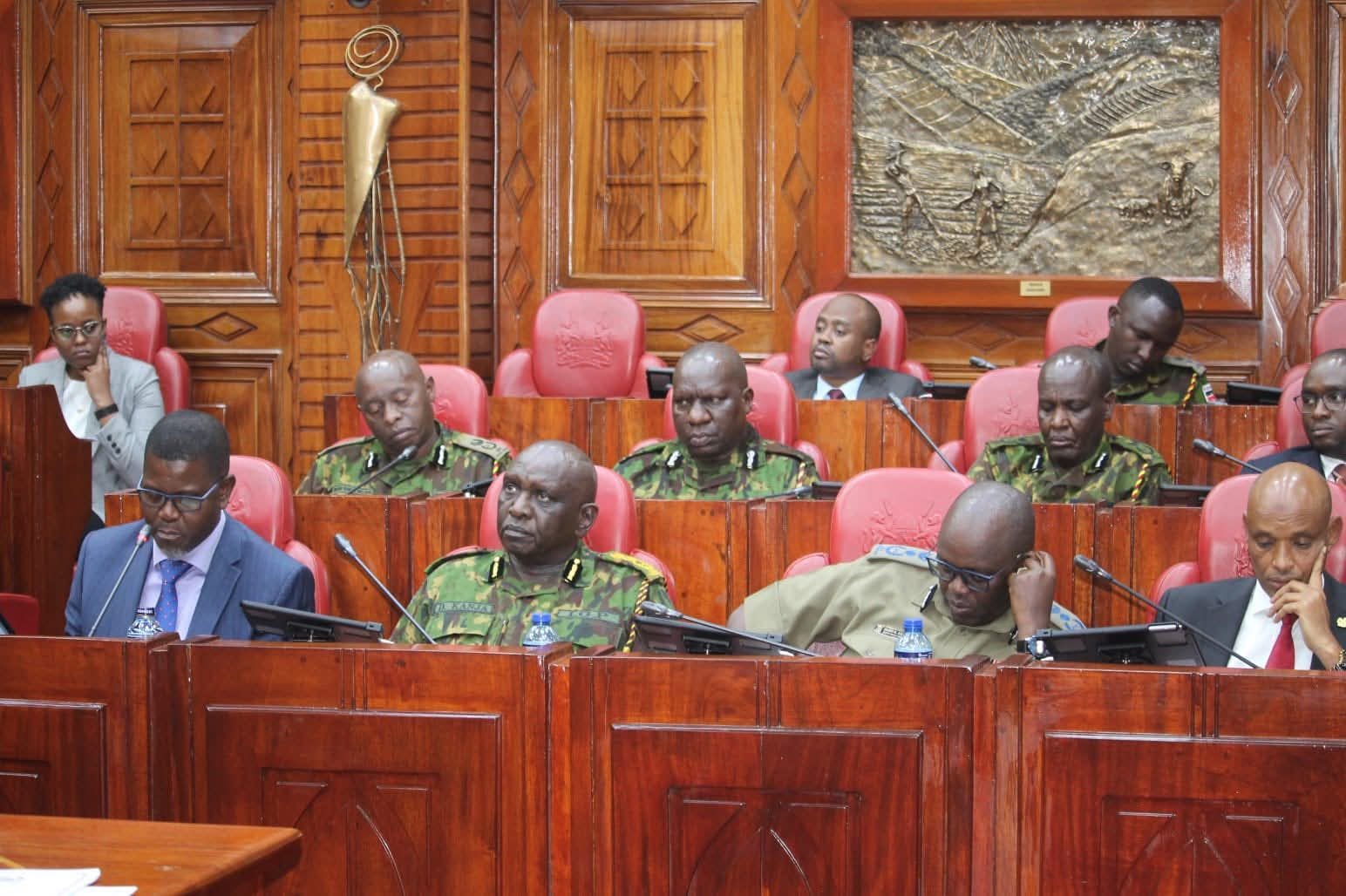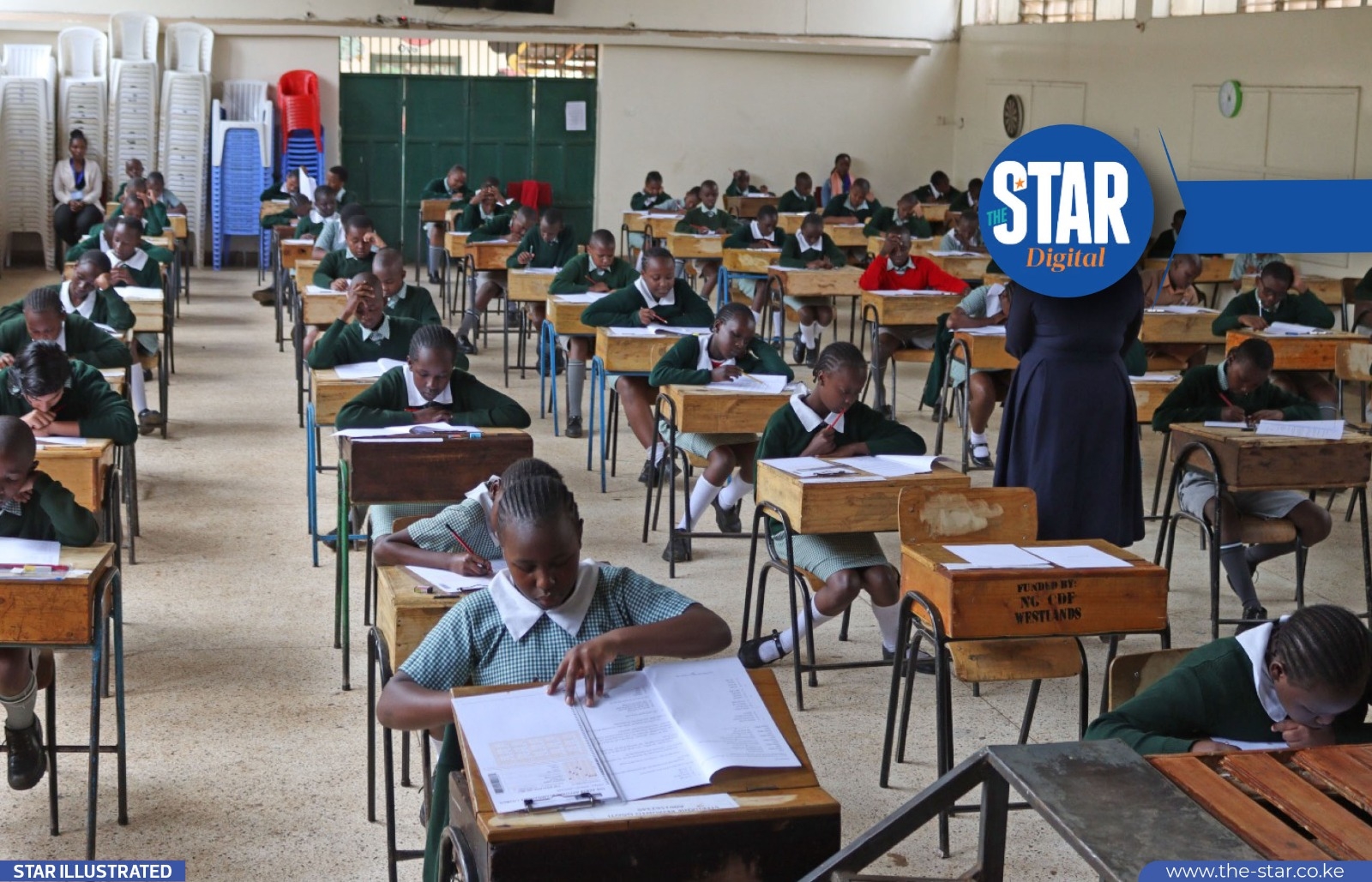

A House Committee has attributed the perennial tug-of-war between the National Police Service (NPS) and the National Police Service Commission (NPSC) to the conflicting interpretations of the Constitution.
The MPs said Article 245 which grants the Inspector General of Police autonomy in employment of police officers, appears to clash with Article 246 of the Constitution, which also grants the NPSC almost similar functions.
National Assembly Committee on Implementation of the Constitution (CIOC), chaired by Suba South MP Caroli Omondi acknowledged that the standoff stems from ambiguity over the distinct roles and powers of the IG and the Commission.
The lawmakers warned that the continued wrangling risks fracturing the integrity and unity of the police service.
The differences have already delayed the recruitment of 10,000 police officers, which was to be done this month, as this exercise is yet to be advertised.
Article 245 of the Constitution vests the IG with the operational command of the NPS, including the implementation of policy decisions, coordination of police operations nationwide, and the deployment of officers below the rank of Superintendent.
Conversely, Article 246 establishes the NPSC as the body mandated with human resource management within the police service.
This includes recruitment, appointments, promotions, transfers, disciplinary control, and oversight of training standards and curricula.
Lawmakers noted rising tension over the allocation of funds for new police recruitment, with the NPSC raising concerns that the budget was directed to the NPS, effectively sidelining the Commission's independent mandate to oversee recruitment processes.
Also at the heart of the dispute is the control of the payroll and other overlapping human resource functions.
The NPSC insists that payroll management squarely falls within its constitutional mandate, while the IG maintains that relinquishing this function would erode his authority over police operations.
The Committee, which met with both parties on Tuesday evening, resolved to call for further consultations with key stakeholders before making recommendations to the House so it can issue a definitive stance on the matter.
“We have given them 60 days to go and hold their own discussions and report back to the committee. If they don’t agree, we will have to relook at some of the laws with a view to amending them to create clarity,” CIOC member and Borabu MP Patrick Osero said.
NPSC CEO Peter Leley informed MPs that there were over 14 court judgements and rulings that gave the Commission powers as opposed to the IG.
In the past, MPs were told that former IG and DIGs deliberately failed to attend the Commission meeting, thereby denying it a quorum.
However, the conundrum has since been addressed following a court ruling in the IEBC matter that clarified that three members can make a quorum.
NPSC established by Article 246 of the Constitution, has nine members who include a chairman who is a civilian, two retired senior police officers, three persons who have served the public service with distinction and the three police bosses; IG and his two deputies.















